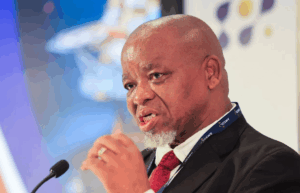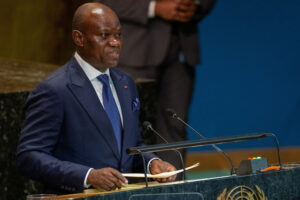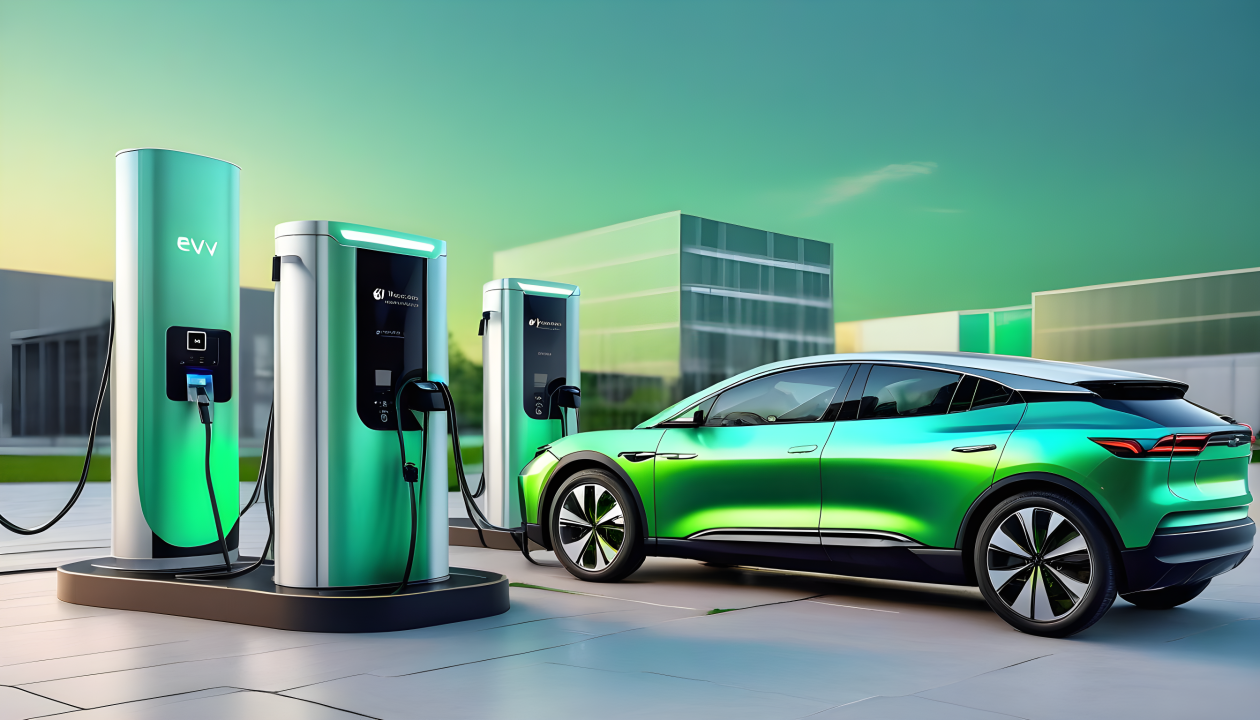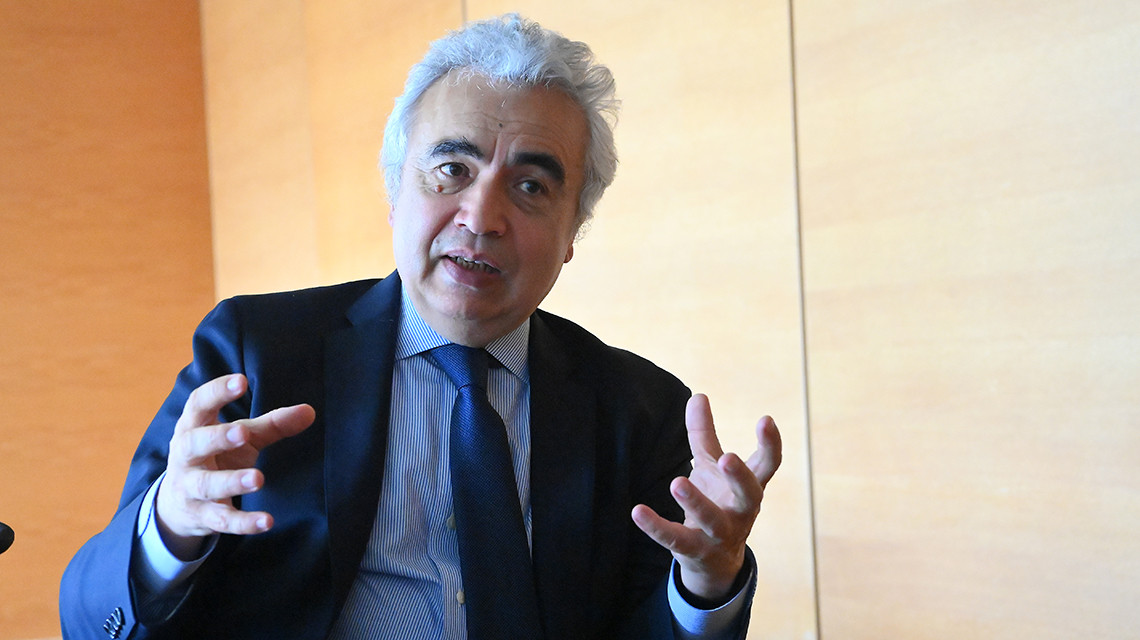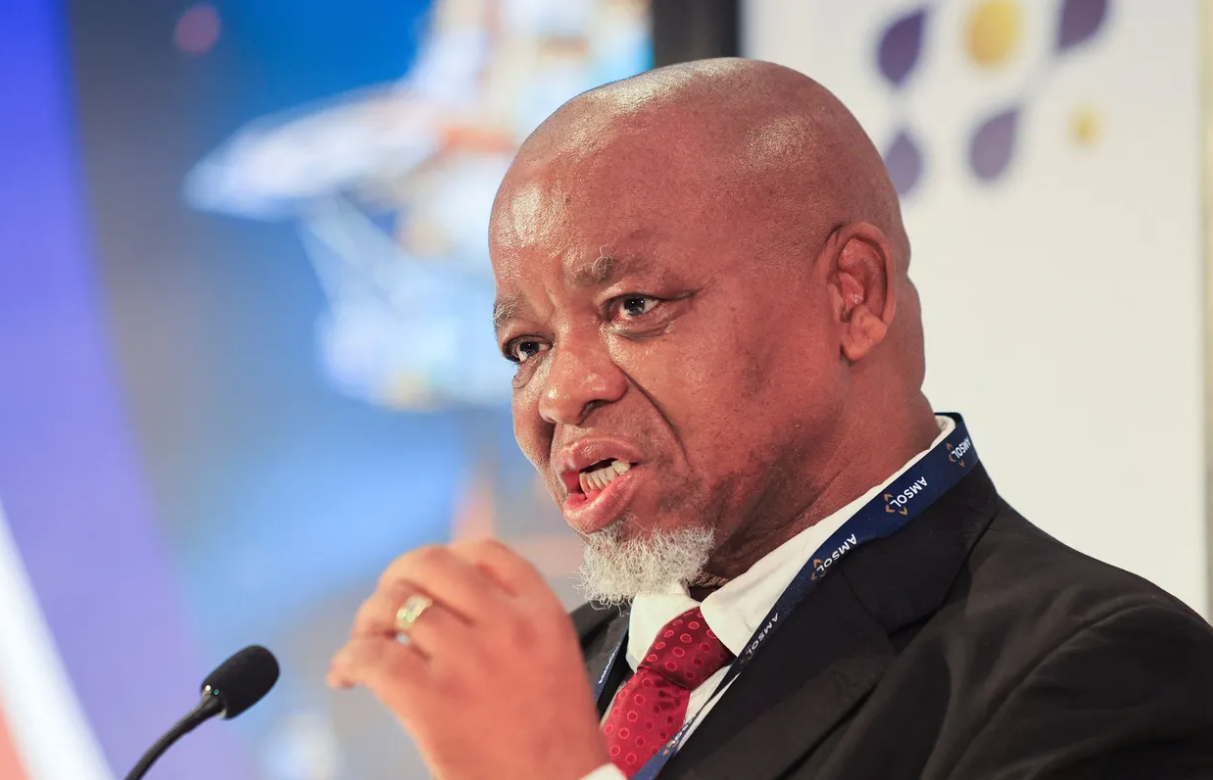Navigating sluggish demand
In the first half of 2023, South African auto manufacturers reported modest sales of battery electric vehicles (BEVs), with only 800 units sold nationwide. Volvo and BMW/Mini led the sales charts, with 374 and 283 units sold, respectively. Despite having over 12 million vehicles on the road, South Africa’s electric vehicle fleet remains tiny, with fewer than 2,500 EVs. This sluggish adoption rate suggests that the country, like the rest of the continent, will face significant challenges in transitioning to environmentally friendly transportation systems and embracing the electric vehicle revolution.
In the aftermath of COP28, African leaders have been grappling with the challenge of rapidly transitioning their transport systems from fossil fuels to meet the 1.5°C target. With ambitious goals to electrify two-thirds of passenger travel by 2030, countries like South Africa face significant hurdles. Given its current sluggish pace, with fewer than 2,500 electric vehicles on the road, South Africa’s target of 8 million EVs by 2030 seems daunting; and the country’s ambitious goal to achieve 75% electric vehicle (EV) market share by 2030, while also revitalising its ailing public transport systems, seems increasingly unlikely.
High Costs of EVs and Batteries throttle demand
Following significant enhancements in generation capacity that have resulted in excess electricity on the national grid, South Africa’s national power utility, ESKOM, has partnered with Gridcars, a subsidiary of Solareff now owned by investor STANLIB, to launch a charging network for its electric vehicle fleet. ESKOM has 10 charging points, which pale against Gridcars’ 350 points countrywide.
And yet the most significant challenge in the rollout of charging infrastructure in South Africa is the high cost of electric vehicles (EVs) and the pressing need for a domestic battery industry. Currently, EV prices are prohibitively high, with the most affordable model, the GWM Haval Ora 03, costing nearly R700,000, while entry-level internal combustion engine (ICE) vehicles are priced below R200,000. This stark price disparity creates a substantial barrier to widespread EV adoption.
On the other hand, batteries represent the most significant expense in an EV, accounting for approximately 30-50% of the total vehicle cost, largely due to the high prices of essential raw materials such as lithium, cobalt, and nickel used in cell production. Currently, South Africa does not produce battery cells, relying instead on imports to support its nascent battery sector. This creates a considerable barrier to widespread EV adoption.
Bumpy Road for the Automotive Sector
As South Africa embarks on its journey to electric vehicles (EVs), the path ahead is fraught with obstacles. While a clear policy direction is essential, the reality is that the transition will be a complex and challenging process.
The automotive industry, long rooted in internal combustion engines (ICE), must undergo a radical transformation. But this shift will not be without its casualties. Jobs will be lost, and entire industries will need to adapt or face extinction. The cost of investing in new technologies and training will be high, and resistance from vested interests, both public, labour unions and beneficiaries of the current architecture, is inevitable. The political fallout ahead will claim political careers and diminish entire components of the value chain.
Regulation for Imported Vehicles
In the rapidly evolving African EV market, projected to grow from $15.8 billion in 2024 to $25.4 billion by 2029, global giants like Nissan, Volkswagen, Tesla, BMW, BYD, and Toyota are vying for dominance. These international players are leveraging new product launches, strategic collaborations, and mergers to maintain their market stronghold.
Quo Vadis Africa Policy
However, as these global auto manufacturers flood African markets with their EV models, a disturbing trend emerges. The continent risks becoming a dumping ground for inferior products, perpetuating a lopsided trade dynamic. Africa, rich in valuable minerals, exports these resources only to import finished products, missing out on the valuable opportunity to capture the wealth generated by manufacturing. This unequal exchange threatens to stifle Africa’s economic growth and industrial development.
The consequences are stark. Africa’s mineral wealth fails to generate meaningful employment opportunities, as EV manufacturing and value addition occur elsewhere. The continent remains dependent on foreign technology and products, exacerbating inequality and hindering domestic industrial development.
As the world speeds towards an electric revolution, Africa finds itself at a crossroads. The continent’s vast mineral resources, the lifeblood of electric vehicles (EVs), are being extracted and exported, yet Africa remains a mere spectator in the global EV market.
To fully capitalize on the potential of electric mobility and the charging infrastructure, South Africa must prioritize policies and initiatives that make EVs more affordable and accessible to the general public. Additionally, investing in the development of a domestic battery industry would not only support the EV market but also contribute to the country’s economic growth and job creation in the emerging green energy sector.
By Editor: Lloyd Nedohe| E:info@esgfrontiers.co.za




